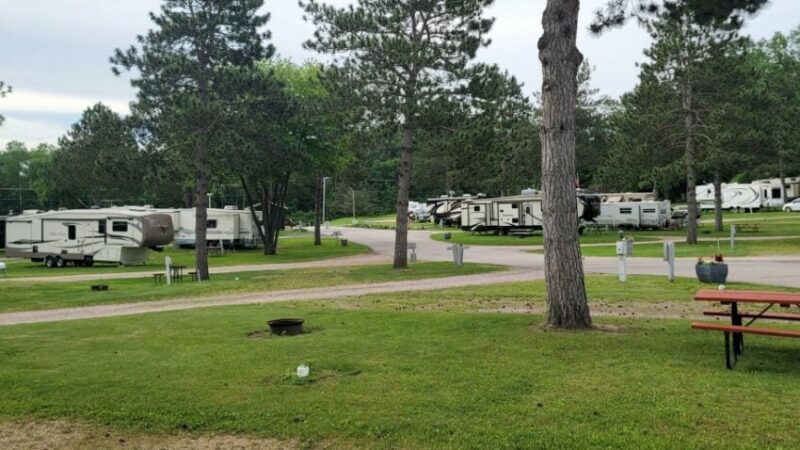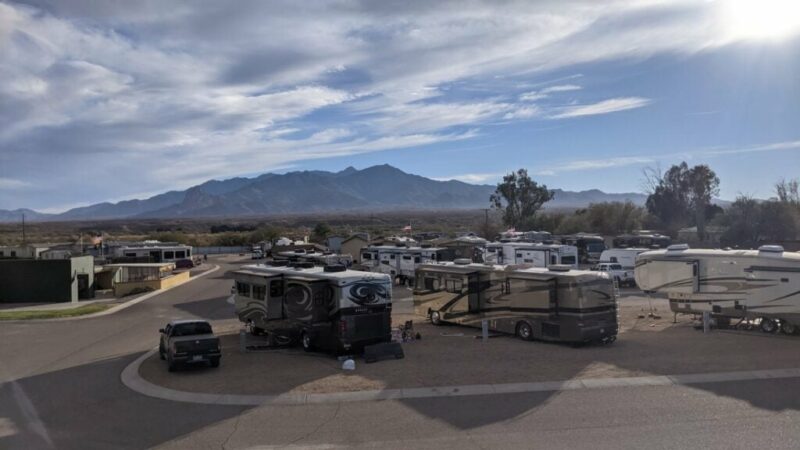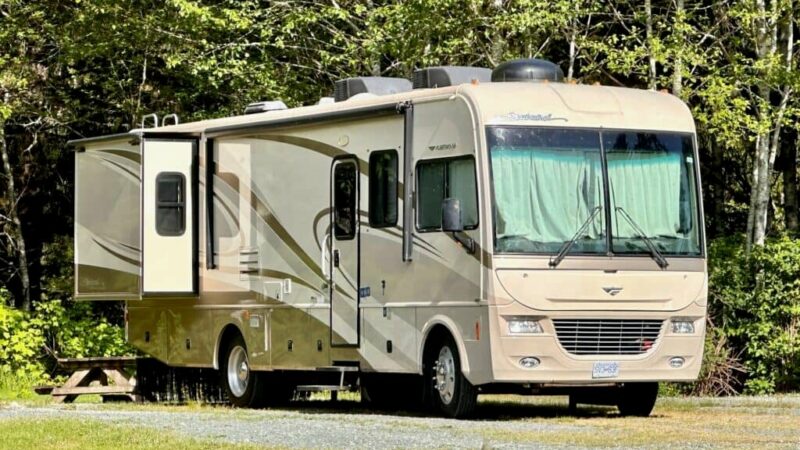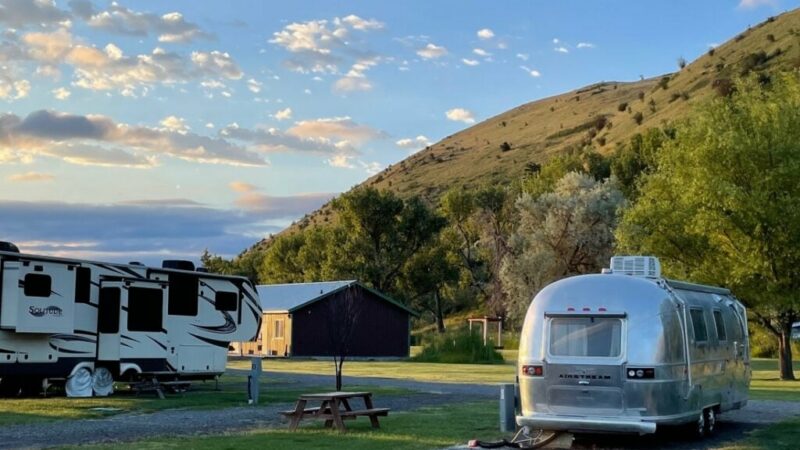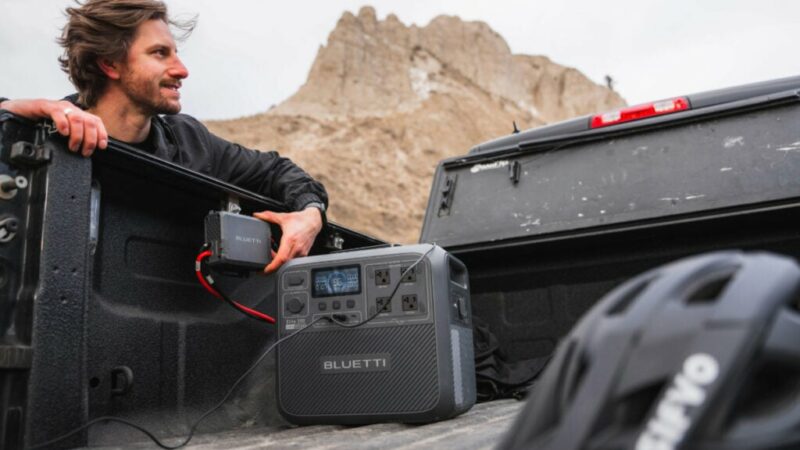Don’t RV Across America (Unless You Know These 12 Things)
So you finally have the time to RV across America The sights you will see are going to create so many lasting memories! Before you leave, here are 12 things you need to know to avoid making memories of RV catastrophes. As a full-time RVer myself, I’ve learned that many cross country RVing problems can be avoided with a little planning.
The Top 10 Things to Know Before RVing Across America
Most of your RV trip planning can happen before you get on the road. Here is where you want to do a little research. My list of ten things to know before taking a cross-country RV road trip can make your planning easier.
Know The Most Important RV Specifications
Avoiding RV catastrophes is all in the numbers. Know the most important RV specifications for your rig because they will affect your trip. Here are some that you need to memorize:
What are your RV size measurements?
There will be locations where you cannot travel due to the size or weight of your rig. In older parts of the U.S., the infrastructure was not constructed to handle karge RVs like my 44-foot fifth wheel and dually truck. Our rig is 13.4 inches high with air conditioner and solar panels on top. We once suddenly averted going under a bridge that was only 13.1. You also don’t want to go over a bridge that will only hand 15,000lbs if your RV weight is 20,000lbs. And it’s not just about weight or height. Length matters, too! Lots of places across the U.S. have switchback roads that make it impossible for longer rigs to navigate.
How much water do you need?
Are you planning to stay in RV parks the entire time with full-hookups? Great! But be prepared for the unexpected anyways. It’s usually a good idea to RV with a full tank of water just in case you don’t have water access at your destination. Water weight can sometimes adds to the stability of long drives. Know how much your RV holding tanks can handle before you need to find a dump station or get a refill on water. Identifying spots along your route for possible pit stops is also helpful.
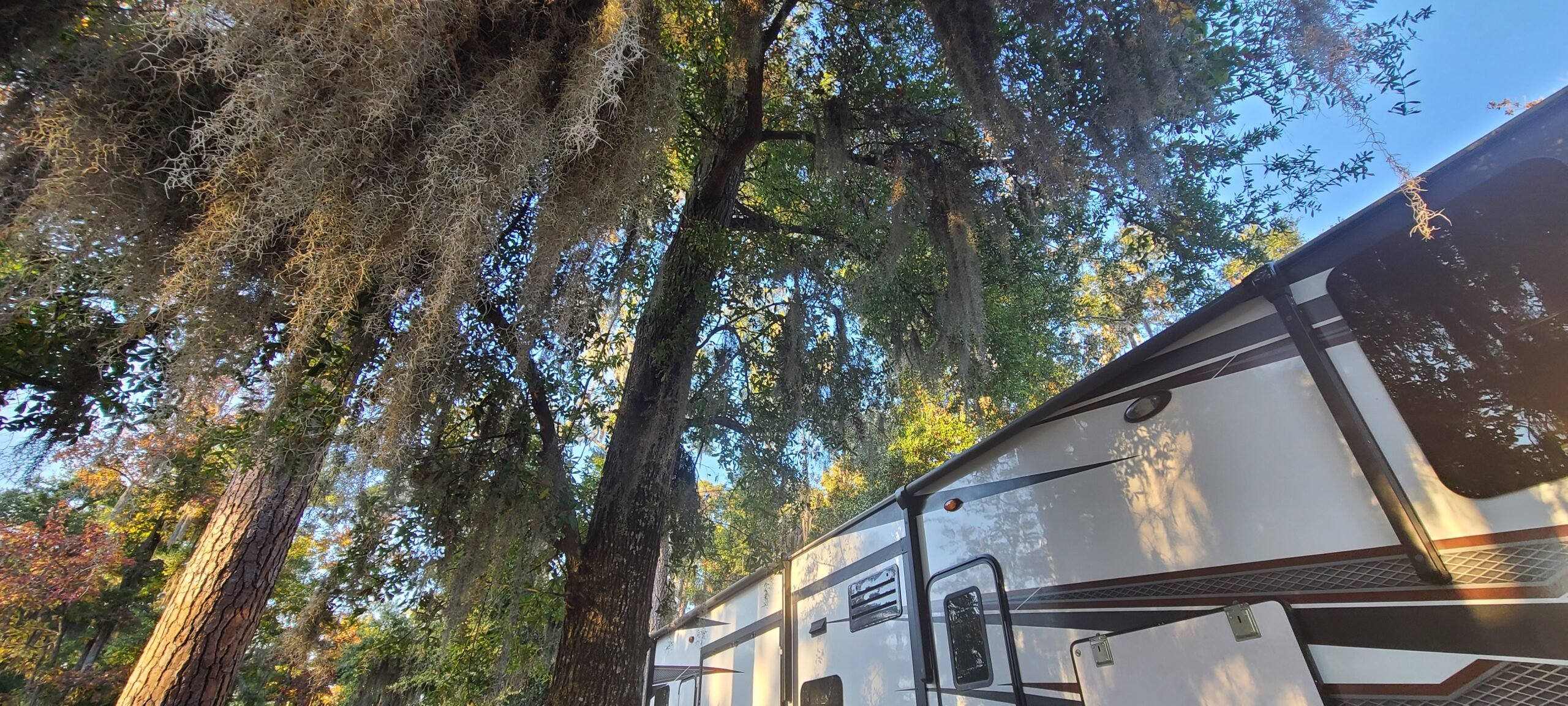
Is your RV fuel tank big enough?
The gauges on our cars usually tell us when we need to fill up. But when you are driving an RV, you will also want to be aware of fuel stop options. For example, you may find yourself in an area that doesn’t have a fuel stop for the next 58 miles. Or maybe you need diesel. What if y ou need to fuel up at a truck stop because you have a larger RV?
Know how far you can drive on one tank of RV fuel. Identify your fuel stops long in advance of when you actually need to stop.
Also, get familiar with your propane usage. Know where you can get your RV propane tanks refilled at a moment’s notice.
Before You Depart
Clean your RV
A good reason to have a clean rig is it makes it easier to see where there might be leaks or cracks later that were not there when you started. It can help you identify an issue earlier. Also, as you clean, you can inspect inch by inch. Start off with peace of mind.
Stick to weekday travel
If you can, plan to travel the longest stretches during the week. If you have mechanical issues, there is more likely to be a shop open to assist.
Carry backup parts
If you don’t know what parts usually fail on your rig, you should learn. Long trips put heavy loads on the RV parts you are using and need the most.
Some RV parts can take weeks or months to order and receive. Carry spares of any parts that are critical for your trip enjoyment. Doing so will put you back on the road quickly instead of ending your RV across America trip before it even got started.
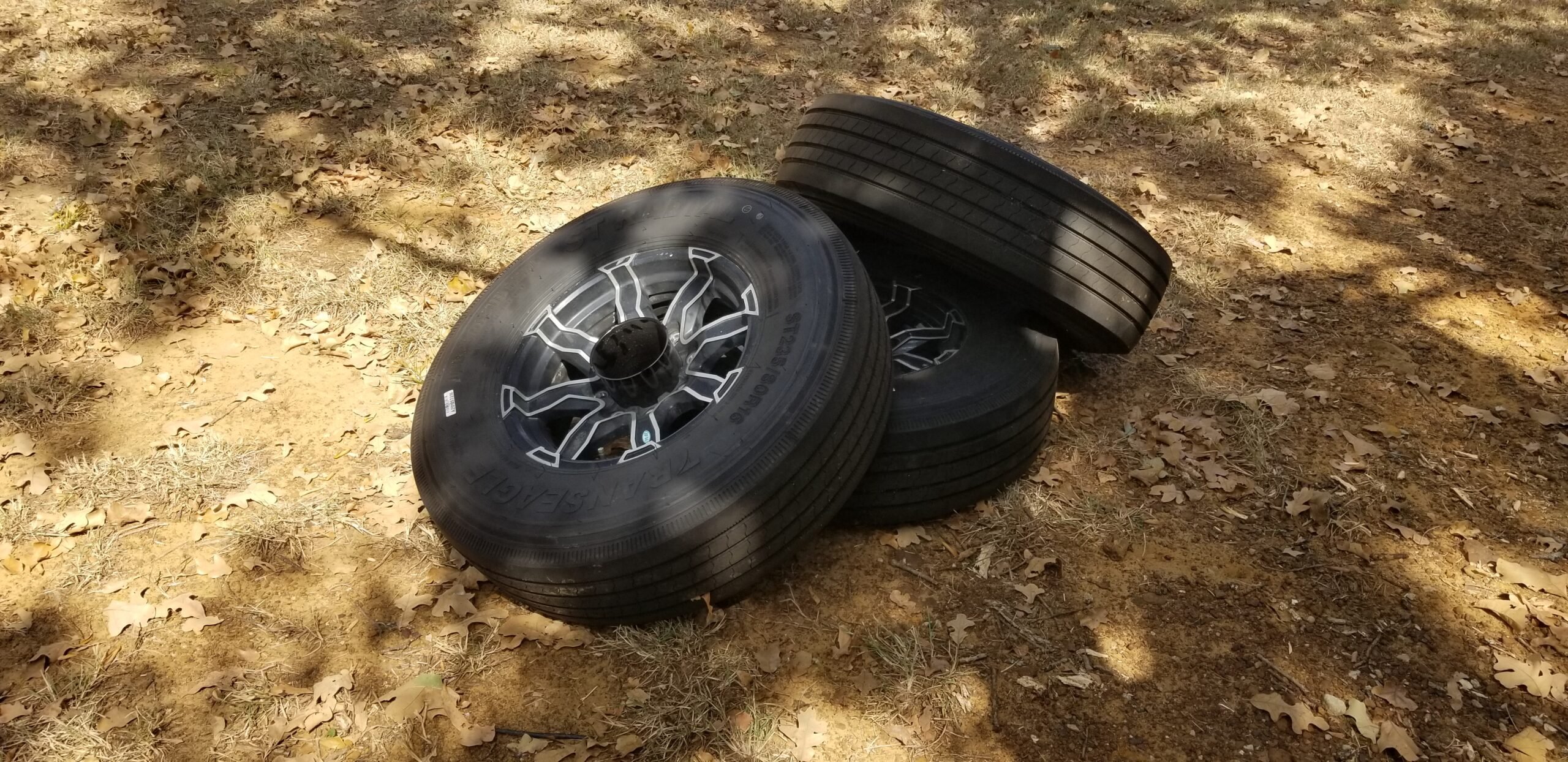
On the Road Basics
How to get mail while RVing
You might think you would like to go for months without mail but there are some things we can’t do without. It is important to know how you can send and receive mail, packages, medical prescriptions, payments and more. Your mail service options generally depend on how long you will be staying in one spot. But to keep your mail flowing to you, here’s what you need to know:
- Be aware that if you are staying at campgrounds, many don’t allow guests to receive mail or packages.
- If you are boondocking, research Amazon package drops and general delivery mail service (a full-time RVer favorite).
- Know where you can transfer medical prescriptions. Many can be sent to local pharmacies or a temporary mailbox.
Mobile internet basics
Most RV parks have mediocre internet connectivity. Bad service will prevent you from looking up important information or planning future legs of your trip.
- Have multiple ways to get online. Even if you are not working from your RV, you want to be able to send emergency information and stay in touch with family and friends.
Get to know the weather along the way
Study the forecasted weather for each of the states you visit while RVing across America. This helps you know what to pack. Knowing the regional climate conditions can also help you avoid areas where you do not want to encounter certain types of weather that’s undesirable for RVing.
- Visiting desert areas? Know when flash floods happen.
- Visiting the plains? Know when to expect tornados.
Most importantly, know where to tune in and stay connected with weather alerts. Pinpoint emergency shelters that can save your life. Know how to find wildfire road closures and where to go instead.
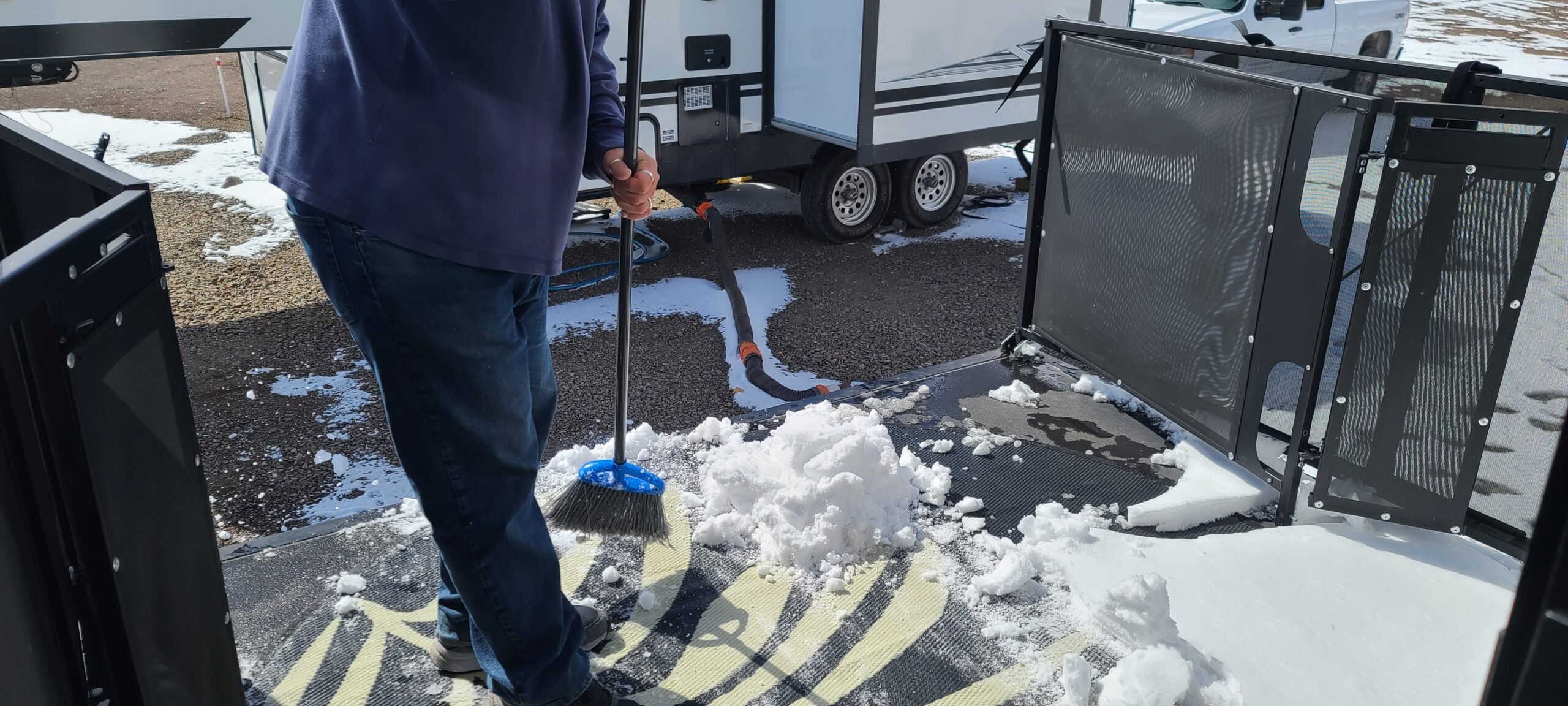
What is Your RV Travel Style?
It’s important to know how you and everyone on board likes to travel. For instance:
What does a good travel pace look like?
- Do you like to spend time in an area to really get to know it?
- Will you spend weeks and months in one spot?
- Or do you like more fast-paced RVing like get in, get out, been there, done that?
Know travel pace preferences before you get on the road. In my case, my husband and I like to stay in one place for a month and then spend a day or two traveling to a new area. This not only lets us get to know a destination, but it also gives us better campground monthly rates. A slower RVing travel pace also gives us extra opportunities to visit a nearby attraction if we can’t get there because of bad weather.
Are you a tourist, or a traveler?
Do you want to see all the tourist attractions in a destination? Or do you like to find out what the locals do and try that out? Maybe you want to do a little of both? When you know what you want to see and how you want to experience it, this also helps with planning.
For example, if a theme park is on your bucket list, then learn all you can about it ahead of time. Know what weather to expect. Are some days better visit than others? You’ll get more value out of your trip if you research your destination ahead of time..
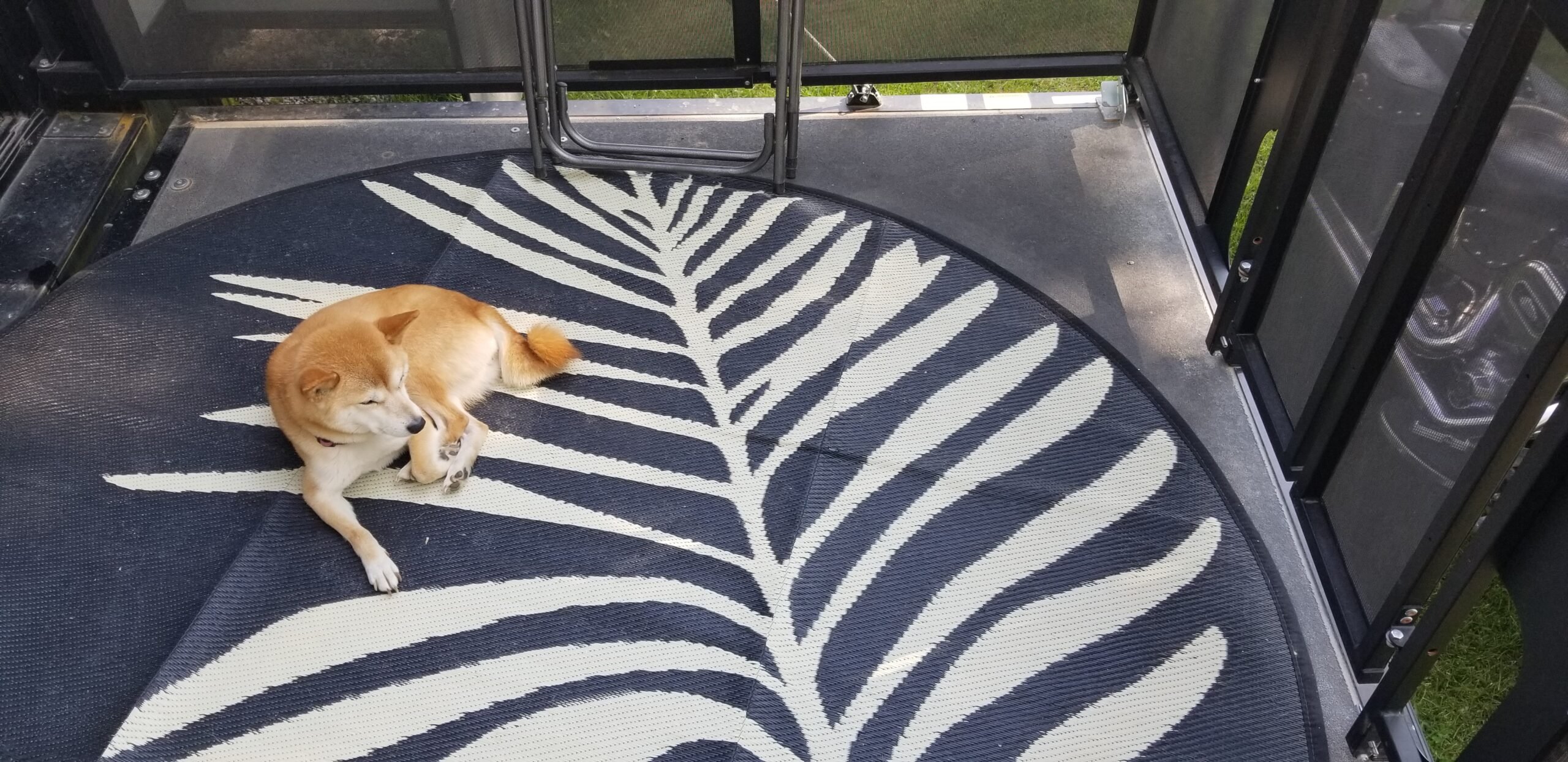
What does your travel partner want do to, and how?
Who are you traveling with? Partner, kids, pets, solo? Take into consideration everyone that is going to be involved in your cross-country RVing trip. If you don’t involve everyone in the planning, you will have unhappy, unsatisfied passengers.
- Make sure traveling partners are included in the cross country trip plans. You always want them to enjoy things along the way.
Don’t Let Cross Country Road Trip Planning Overwhelm You
Deciding to take a cross-country RV trip is a big deal. Planning for it might seem daunting at first. But dreaming of your bucket list destinations and knowing how to get to them and enjoy your time is one of the best parts of making it happen. You can do this!
The post Don’t RV Across America (Unless You Know These 12 Things) appeared first on RV LIFE.

